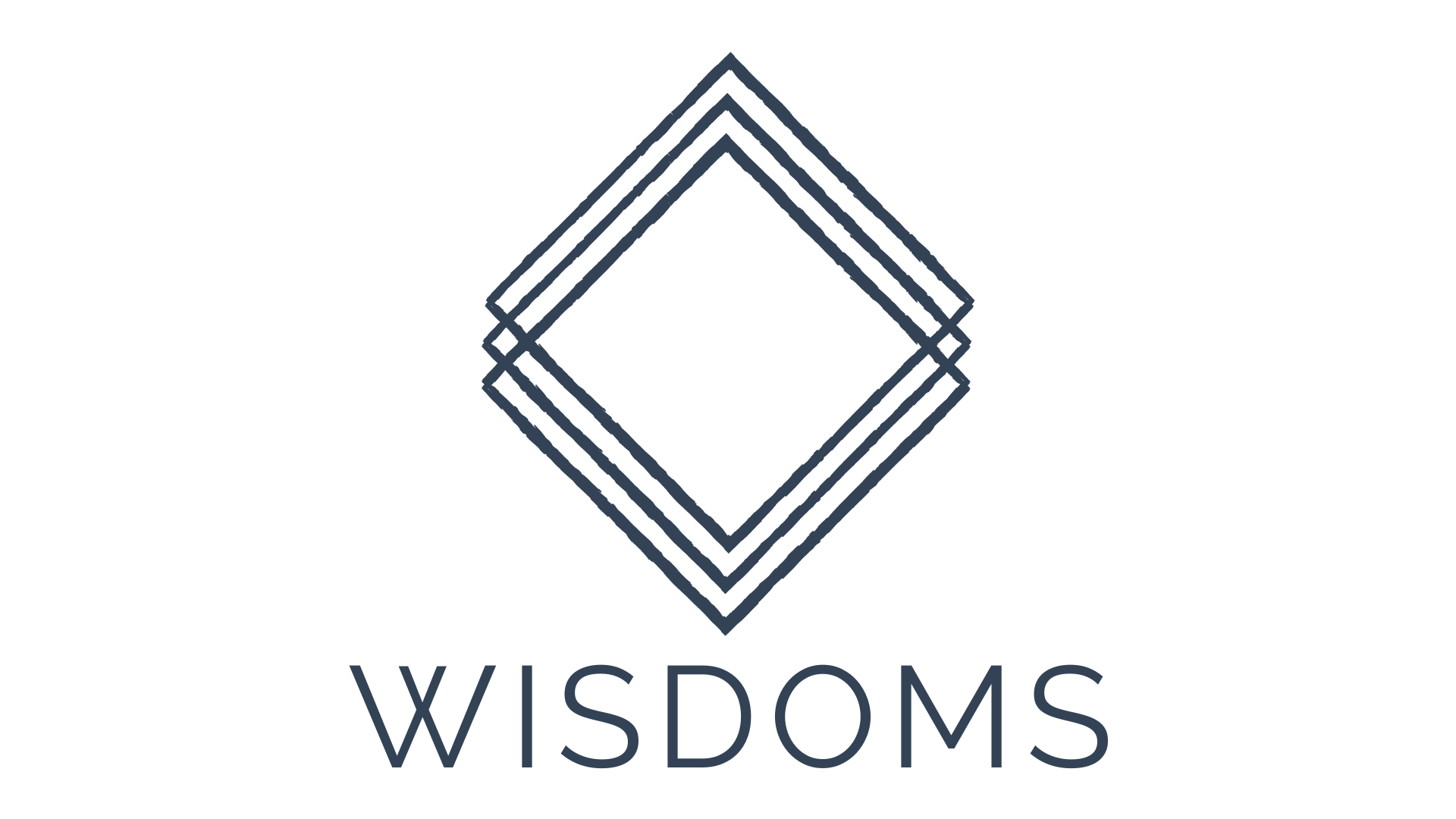M. Scott Peck in his book The Road Less Travelled, starts by saying “Life is hard.” Living in COVID-times no people know this better that we do!
Scott Peck goes on to say, “It is a great truth because once we truly see this truth, we transcend it. Once we truly know that life is difficult-once we truly understand and accept it-then life is no longer difficult. Because once it is accepted, the fact that life is difficult no longer matters.”
How do not only get to this place of acceptance, but also get on with our lives through the difficulties and disappointments? If there are ways to think and act that could build more “grit”, determination and toughness to overcome these struggles, wouldn’t you want to know?
Here are four ways to prepare you to be more resilient.
Resilience is the capacity to recover quickly from difficulties, setbacks and failures.
1. Enjoy the Roller Coaster Ride of Life
Acknowledging that life is hard is accepting that life is going to go downhill sometimes. But it’s not all downhill. Just as there are valleys, the world is not made up of only valleys. There are mountain peaks too.
In fact nature teaches us that as winter turns to summer, tides rise and fall, day follows night, nothing ever remains the same. Life is constantly in transition. What is good changes to the not so good and what seems intolerable also shifts and the clouds clear.
Life is a roller coaster ride, with the same ups and downs, twists and turns. It is terrifying and thrilling at the same time. We may as well enjoy the ride!
2. When you are on a low stop, think and ask
In many sports, to name basketball as one, coaches can call a time out when they want to re-strategize, give their players a breather, or address what’s going wrong and make adjustments. We sometimes need to call a time out on ourselves when life is not going as planned, or we find ourselves in a dip.
As we step out of busy activity for a morning, an evening, a day, and we find a place to sit in beauty and peacefulness, we can begin to make sense of our whirling thoughts. We gain perspective and re-evaluate where we are and why.
We can check if we are on track, what needs to change to get us back on track or change track. This is by asking those deeper life questions such as “What do I want to achieve in my life”, “How do I want my life to matter?”, “What am not seeing in this current situation that will help make sense of it?” “What can I take from my current situation that will help me get through it?”
This time of solitude and quietness can be refreshing and eye-opening. However, don’t feel that you are alone. As strong independent people we can sometimes refuse to ask for help or support out of pride. It’s a mistake. Life is too hard to do on your own. Reach out to someone to process some of your thoughts and struggles.
3. Don’t give up
At the age of 64 Diana Nyad succeeded in swimming the shark and jelly-fish infested Florida Straits from Cuba to Key West — a feat never before accomplished. It was a distance of 160km and it took her 53 hours. The rules of long distance swimming are that you can be supported but you cannot touch anything else other than the water for the distance of the swim.
It was a dream of hers from the age of 24. This was her fifth attempt.
This may seem a crazy endeavour to you, but it is sometimes the people who live on the edges of normal who by their extremes teach us what is possible if we simply keep persevering.
4. Manage your energy
The field of quantum physics has revealed that all of life is energy. What we know about energy is that it is always moving, always in flux. It surges and it wanes. We also know that without energy we cannot function optimally, and sometimes even at all.
We need energy to work, to accomplish tasks, to achieve goals, to reach deadlines, to deal with expectations and demands on many fronts, to relate to people, to provide finances, among many other things.
The good news is energy is something that is in our control. We need to monitor and manage our own energy levels and do what it takes for the output required of us. When a CEO of a large company was asked why he ran long distances to start his day his response was, “I am so busy, I can’t afford not to.”
Energy can be replenished from sources that are mental, emotional and physical. But each person is unique in what energizes them. Some love fishing, others play sports. Some like a quiet evening with a book and a glass of wine while others enjoy strenuous hikes. Some are thrilled with a new pair of shoes, others by making something with their own hands (for you maybe it’s both!)
Although there are individual preferences there are some common energizers that work for everyone. They include: exercise, drinking enough water, eating healthily, taking time off.
Resilience is an understated attribute. But it is a super power. It won’t win you any accolades but it will ensure you make it through.

